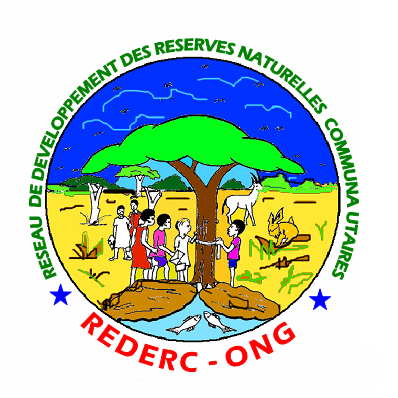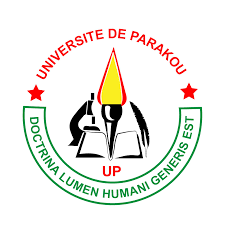“Fungal Conservation in Sub-Saharan Africa: sustainability and livelihood implications” is funded by the UK Darwin Initiative as one of its Main Projects (Grant 20-030). It is led by the University of Parakou (Benin), with collaboration from CABI (UK), the Matobo Conservation Society (Zimbabwe) and the Permaculture Association (UK), and has a duration of 34 months.
Key themes include:
- value of wild edible fungi as a sustainable food source;
- threats to Sub-Saharan fungi;
- links between poverty, gender inequality and fungal diversity loss;
- recommended conservation actions to protect fungi and restore lost habitats.
The project will furthermore support development of fungal conservation policies in Sub-Saharan countries, and strengthen the University of Parakou as a centre of mycological excellence.






Recent Activities
- All Post
- Awareness session
- Fields activities
- Exploring
- Capacity bulding
- Activities
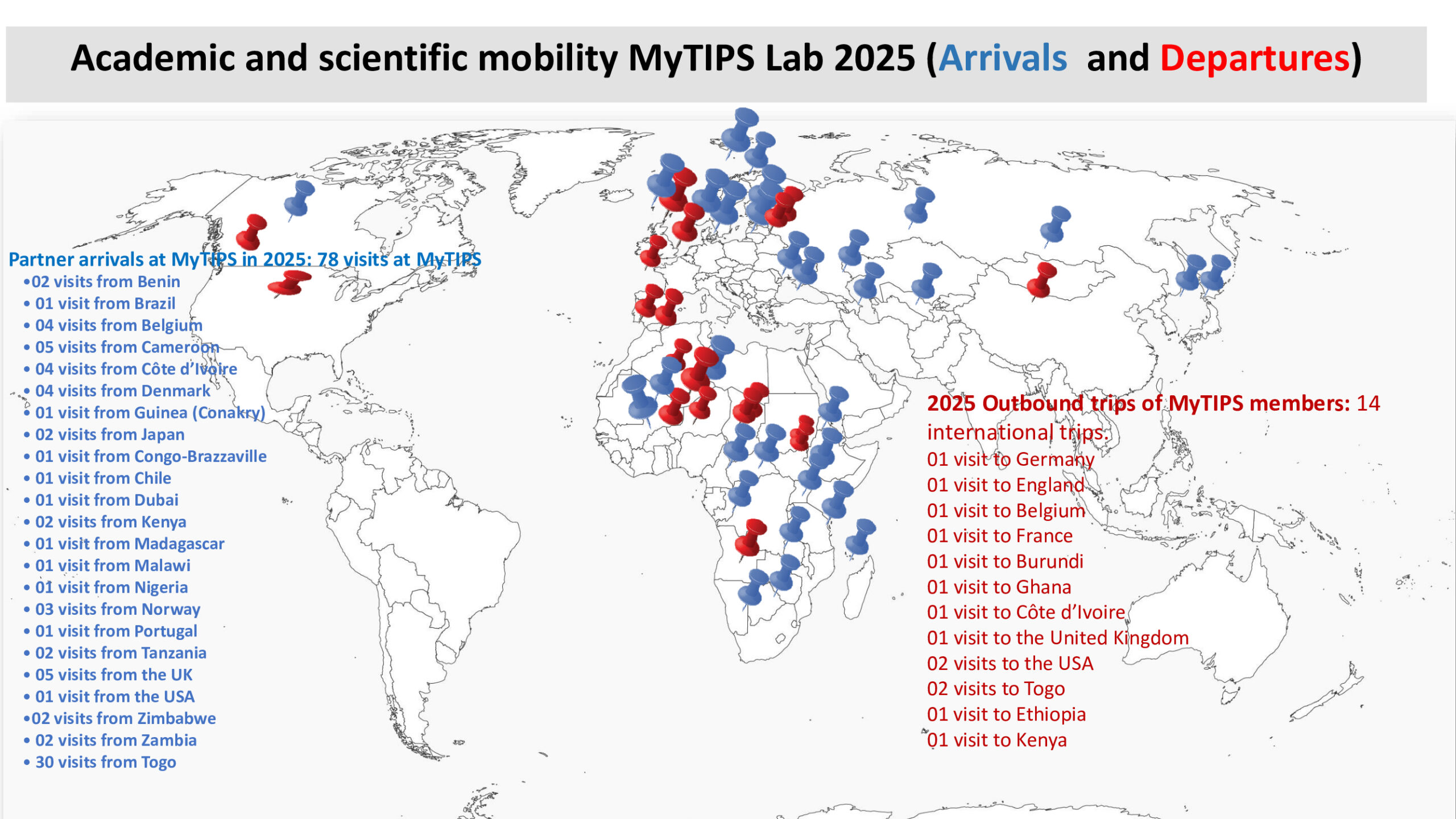
In 2025, MyTIPS Lab demonstrated strong academic and scientific dynamism through extensive inbound and outbound mobility. A total of 78...

This afternoon, Dramani Ramdan participated in a high-level meeting with Dr. Vivek Menon, newly elected Chair of the IUCN Species...
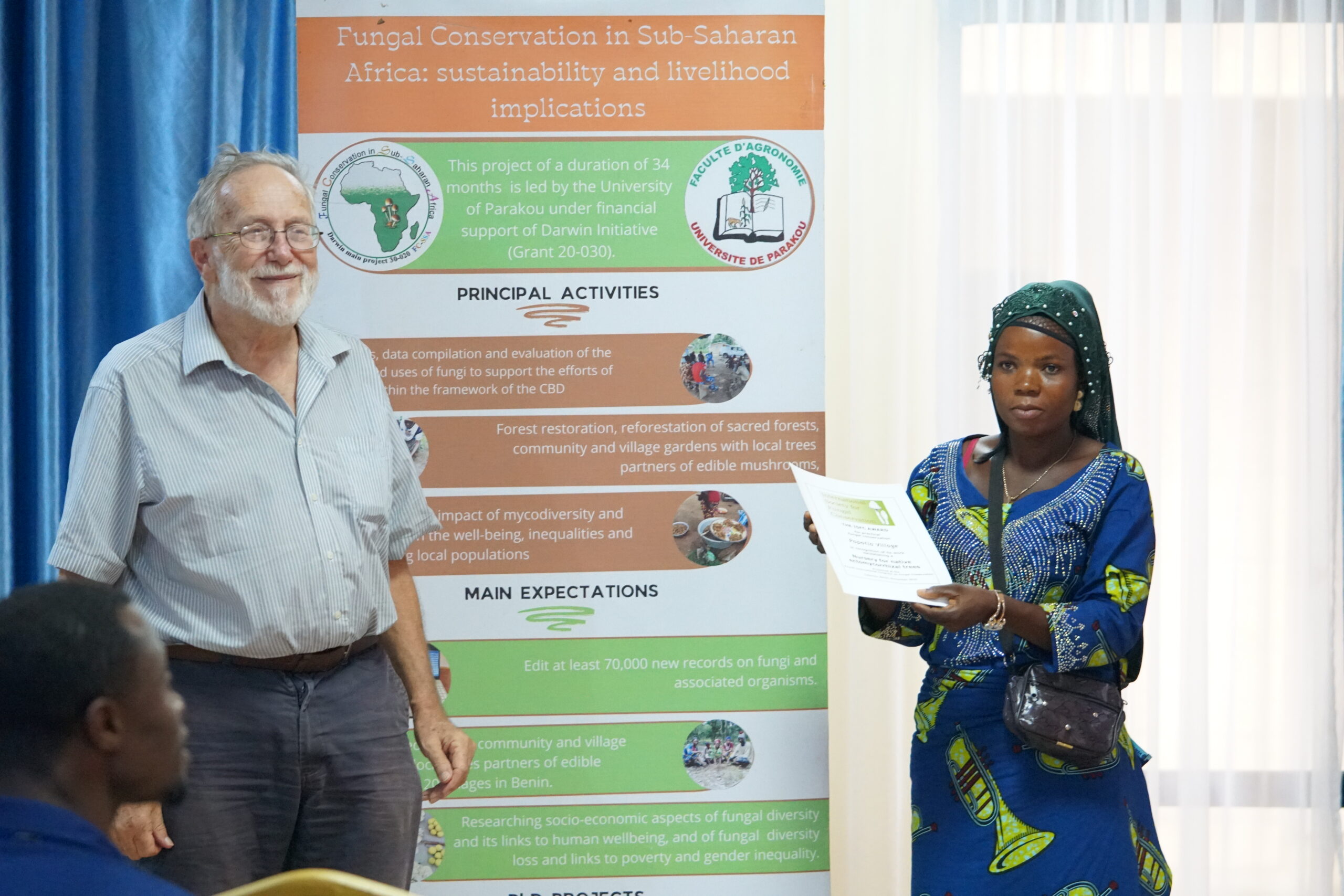
Fati Sambo, the FC-SSA project focal point, took part in the Fourth International Congress on Conservation organized by the International...

Festivity as a Conservation Strategy in West Africa In northern Benin, conservation took an unexpected turn it began with music,...
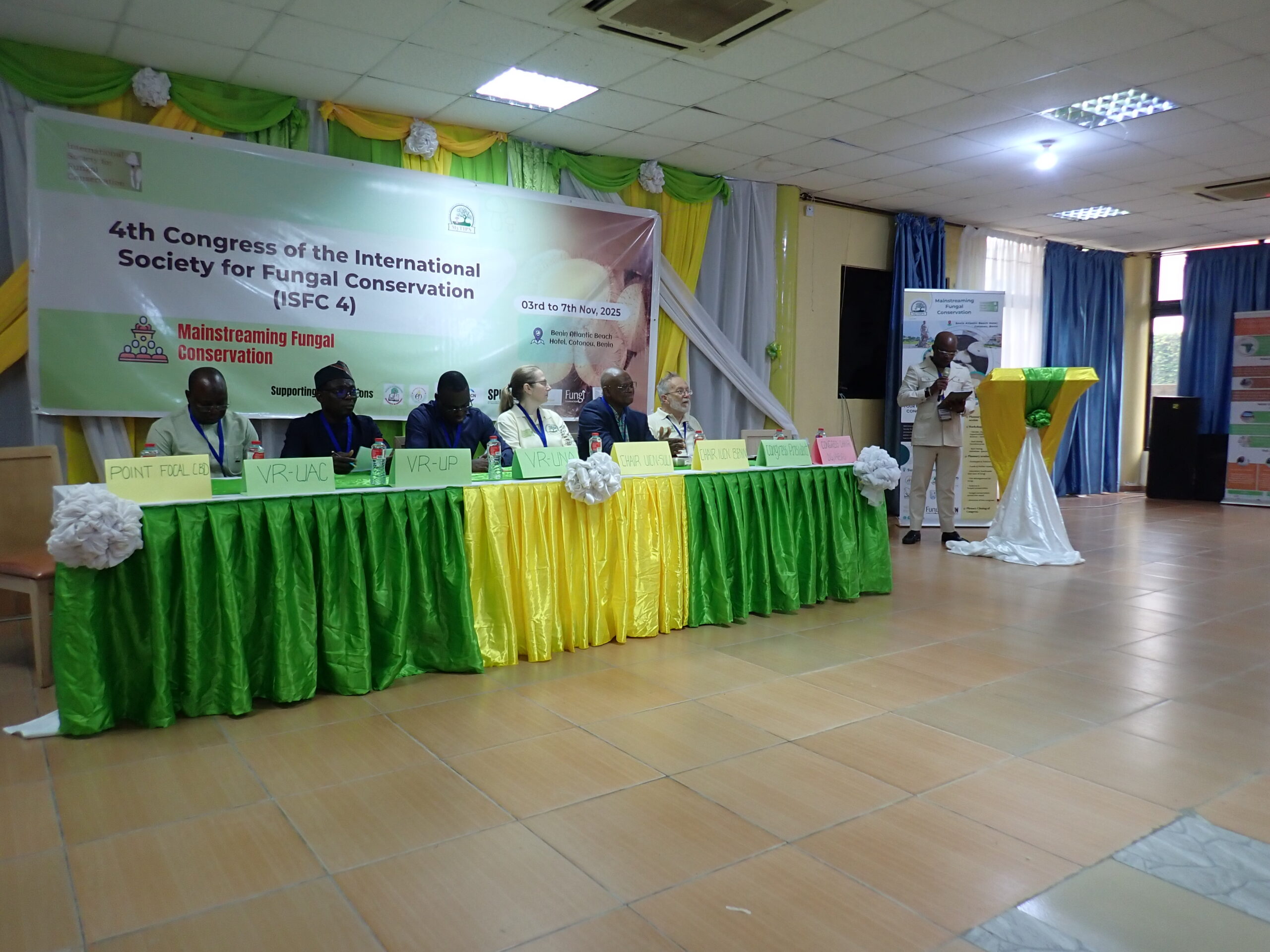
Monday, November 3rd, marked the opening of ISFC4, attended by university authorities, IUCN officials, and research stakeholders. Under the theme...

From August 25 to 29, 2025, the Fungal Conservation in Sub-Saharan Africa (FC-SSA) project team, together with local beneficiary communities,...
Objectives









Partners
Collaborating NGO
